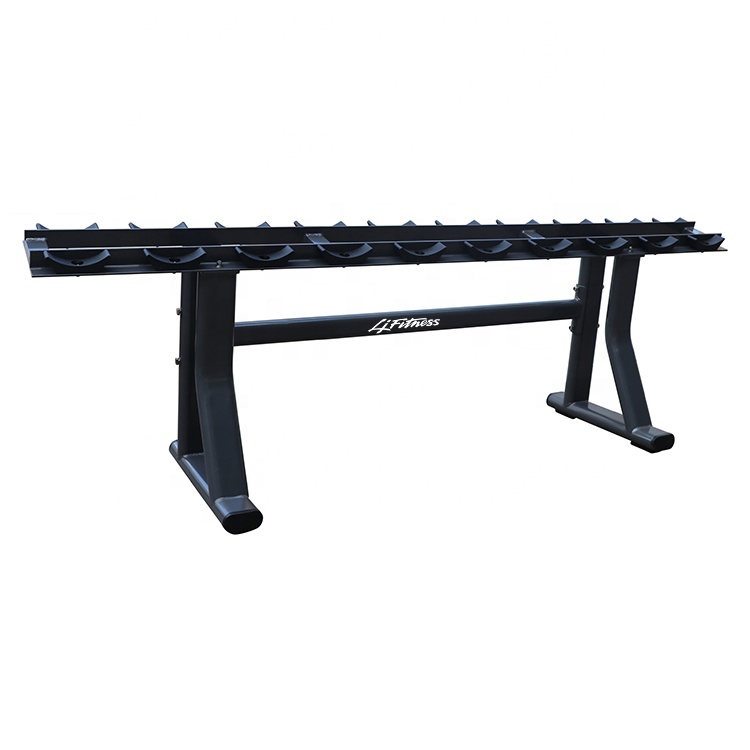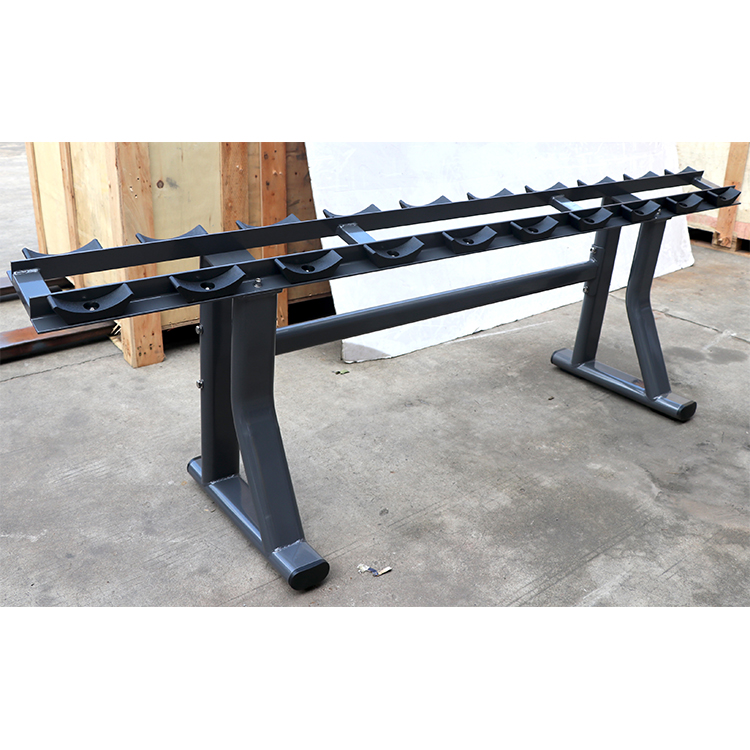Yes, performing exercises with dumbbells on a bench can contribute to increasing the size of your chest muscles, specifically the pectoralis major. Dumbbell exercises offer several advantages over barbell or machine-based exercises when it comes to targeting the chest muscles:
1. **Greater Range of Motion**: Dumbbells allow for a more natural range of motion compared to barbells or machines. This means you can fully extend and contract your chest muscles during exercises like the dumbbell bench press, which can lead to more effective muscle stimulation.
2. **Isolation and Activation**: Because dumbbells are used in each hand, they require more muscular control and activation. This can help isolate specific parts of your chest muscles, such as the outer (lateral) head, which might not get as much work with a barbell due to the mechanics of the lift.
3. **Scapular Stability**: Dumbbell exercises often require greater scapular (shoulder blade) stabilization, which can help engage and strengthen the muscles that support your chest, including the serratus anterior and rear deltoids.
4. **Flexibility in Grip**: With dumbbells, you have the option to use different grip widths, which can help target various areas of the chest. A narrow grip focuses more on the inner (sternal) head, while a wider grip targets the outer (lateral) head.
5. **Increased Difficulty**: Using dumbbells often requires a bit more core stability and balance, which can indirectly help build the supporting muscles around your chest, contributing to overall chest size.
To maximize the benefits for chest growth, consider incorporating a variety of dumbbell chest exercises into your routine, such as:
- **Dumbbell Bench Press**: This is a staple exercise that effectively targets the entire chest.
- **Dumbbell Flys**: Great for working the outer head of the chest muscles.
- **Dumbbell Incline Bench Press**: Targets the upper chest muscles.
- **Dumbbell Cable Crossover**: Useful for developing the inner chest and improving coordination.
Remember, building muscle, including your chest, requires a combination of proper nutrition, consistent training, and adequate rest. It's also important to progress gradually, increasing weight and intensity over time to continue challenging your muscles and promoting growth.
Does a dumbbell build the chest?
Yes, dumbbells can be used to build the chest muscles, particularly the pectoralis major. Exercises like the dumbbell bench press, dumbbell flyes, and dumbbell incline press are all effective for targeting the chest muscles. However, it's important to note that building muscle effectively involves a combination of proper form, consistency, progressive overload (increasing weight or intensity over time), and sufficient rest and nutrition. Always ensure you're using the correct technique to avoid injury and maximize muscle growth.
What's better, a barbell or a dumbbell bench?
Both barbells and dumbbells have their unique advantages for performing bench press exercises, and the choice between them often depends on personal preferences, fitness goals, and the specific benefits you're looking for.
**Barbell Bench Press:**
- **Strength and Power:** Barbell bench presses can help build greater strength and power due to the ability to lift heavier weights compared to dumbbells. This is particularly beneficial for athletes and those focused on increasing muscle mass.
- **Neck and Shoulder Stress:** However, lifting heavy barbells can put more strain on your neck and shoulders, which might be a concern for some individuals, especially those with pre-existing conditions in these areas.
- **Muscle Activation:** The barbell bench press can help activate more muscles, including the stabilizing muscles that support your core and shoulders, making it a more comprehensive exercise.
**Dumbbell Bench Press:**
- **Shoulder Health:** Dumbbell bench presses can be less stressful on the shoulders and neck because the weight is distributed over two handles, reducing the risk of injury.
- **Control and Precision:** With dumbbells, you have more control over each individual arm, allowing for more precise movements. This can help target specific muscle fibers and improve balance and coordination.
- **Flexibility:** Dumbbells offer more flexibility in terms of grip width and arm positioning, which can help isolate different parts of the chest and triceps.
In summary, if your primary focus is on building strength and power with minimal impact on your shoulders and neck, a barbell bench press might be the better choice. On the other hand, if you prioritize shoulder health, improved control and precision, or want to target specific muscle groups more effectively, a dumbbell bench press could be more suitable. It's also worth considering incorporating both into your routine to achieve a well-rounded chest workout that addresses different aspects of muscular development and functional fitness.
How much should i bench for my weight in kg?
There isn't a one-size-fits-all answer to this question, as the appropriate weight for a bench press depends on various factors such as your fitness level, strength, and overall body composition. However, a common rule of thumb is to aim for a weight that allows you to perform 8-12 reps with proper form, aiming for 3-4 sets.
For example, if you weigh 70 kg (about 154 lbs), you might start with a weight around 50% of your body weight for a beginner, which would be about 35 kg (77 lbs). As you progress, increase the weight gradually while maintaining proper form and ensuring you can still complete the desired number of reps.
It's crucial to focus on technique and form first, rather than solely increasing the weight. As you get stronger, you can gradually increase the weight to challenge yourself further. Always consult with a qualified personal trainer or fitness professional to help guide you and ensure you're performing the exercise safely and effectively.



